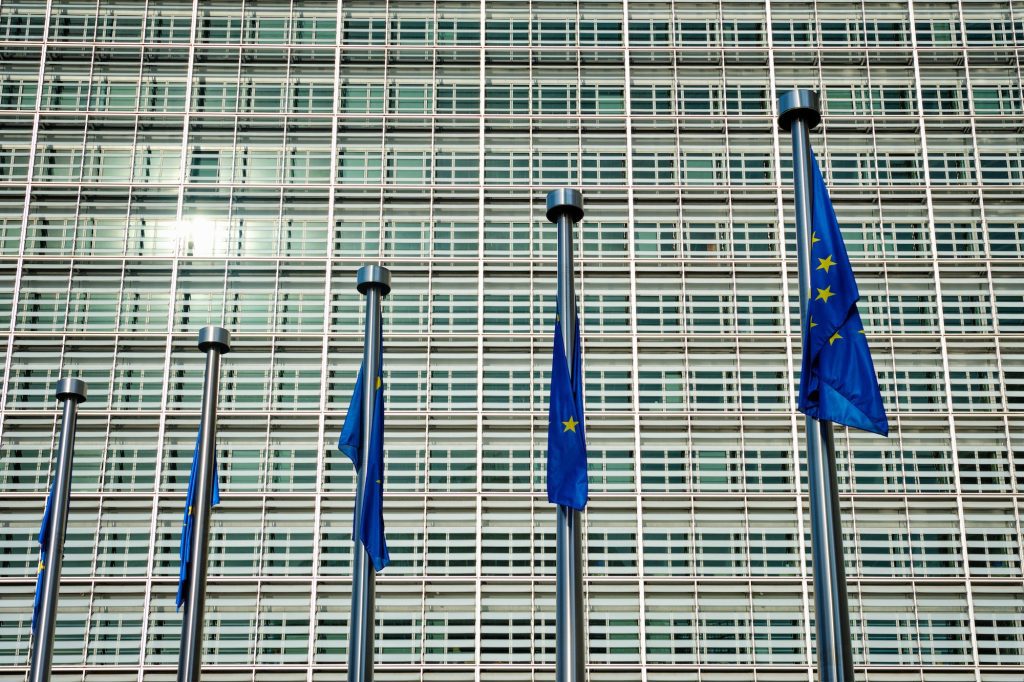EU member states clash over the future of encrypted private messaging
The EU nears a critical decision on Chat Control, balancing child protection needs with citizens’ right to secure, private communications.

The ongoing controversy around the EU’s proposed mandatory scanning of private messages has escalated with the European Parliament intensifying pressure on the Council to reach a formal agreement.
A leaked memo reveals that the Parliament threatens to block the extension of the current voluntary scanning rules unless mandatory chat control is agreed upon.
Denmark, leading the EU Council Presidency, has pushed a more stringent version of the so-called Chat Control law that could become binding as soon as 14 October 2025.
While the Parliament argues the law is essential for protecting children online, many legal experts and rights groups warn the proposal still violates fundamental human rights, particularly the right to privacy and secure communication.
The Council’s Legal Service has repeatedly noted that the draft infringes on these rights since it mandates scanning all private communications, undermining end-to-end encryption that most messaging apps rely on.
Some governments, including Germany and Belgium, remain hesitant or opposed, citing these serious concerns.
Supporters like Italy, Spain, and Hungary have openly backed Denmark’s proposal, signalling a shift in political will towards stricter measures. France’s position has also become more favourable, though internal debate continues.
Opponents warn that weakening encryption could open the door to cyber attacks and foreign interference, while proponents emphasise the urgent need to prevent abuse and close loopholes in existing law.
The next Council meeting in September will be critical in shaping the final form of the regulation.
The dispute highlights the persistent tension between digital privacy and security, reflecting broader European challenges in regulating encrypted communications.
As the October deadline approaches, the EU faces a defining moment in balancing child protection with protecting the confidentiality of citizens’ communications.
Would you like to learn more about AI, tech and digital diplomacy? If so, ask our Diplo chatbot!
